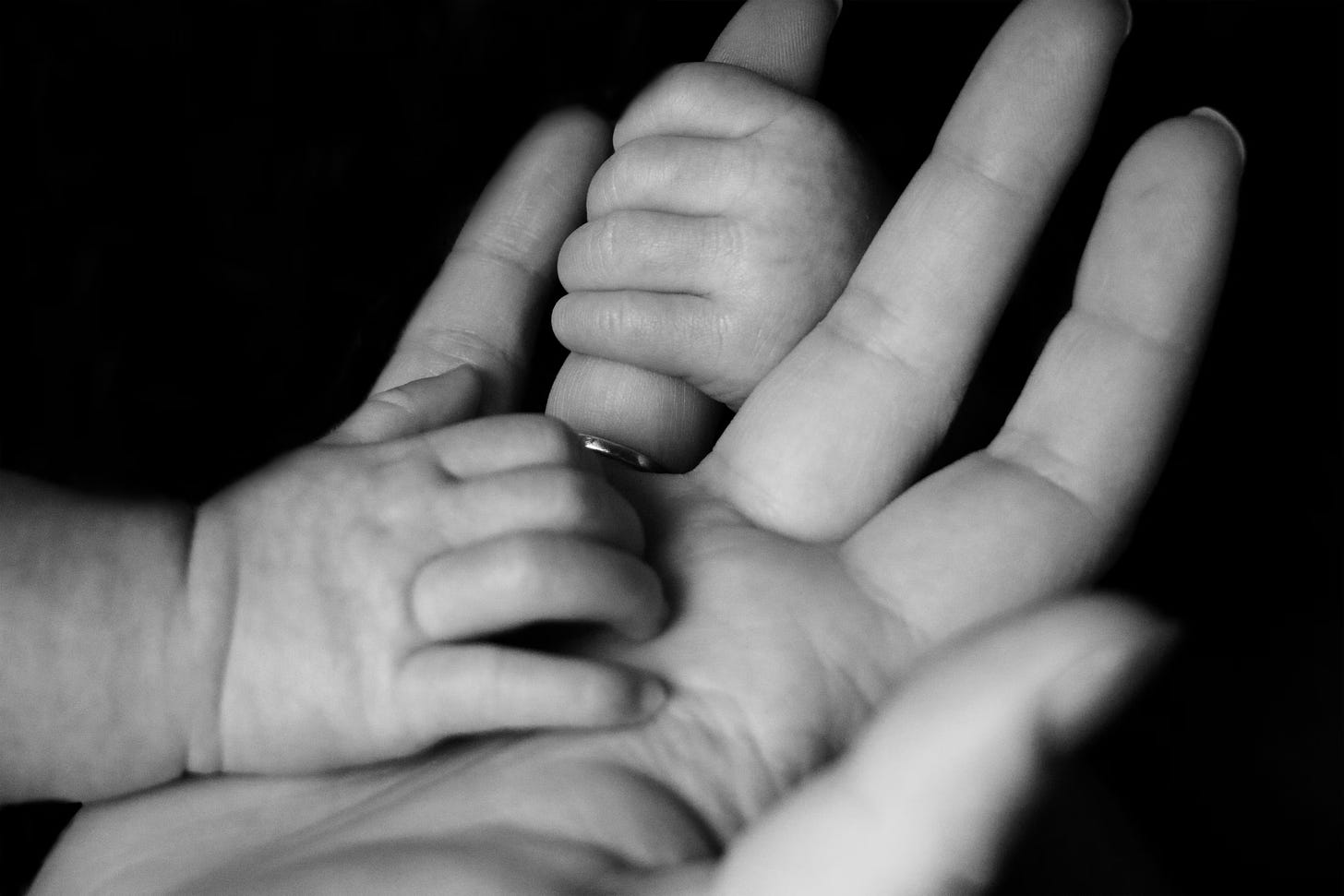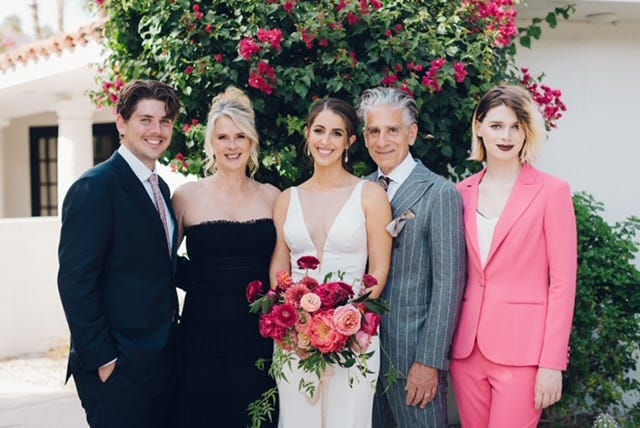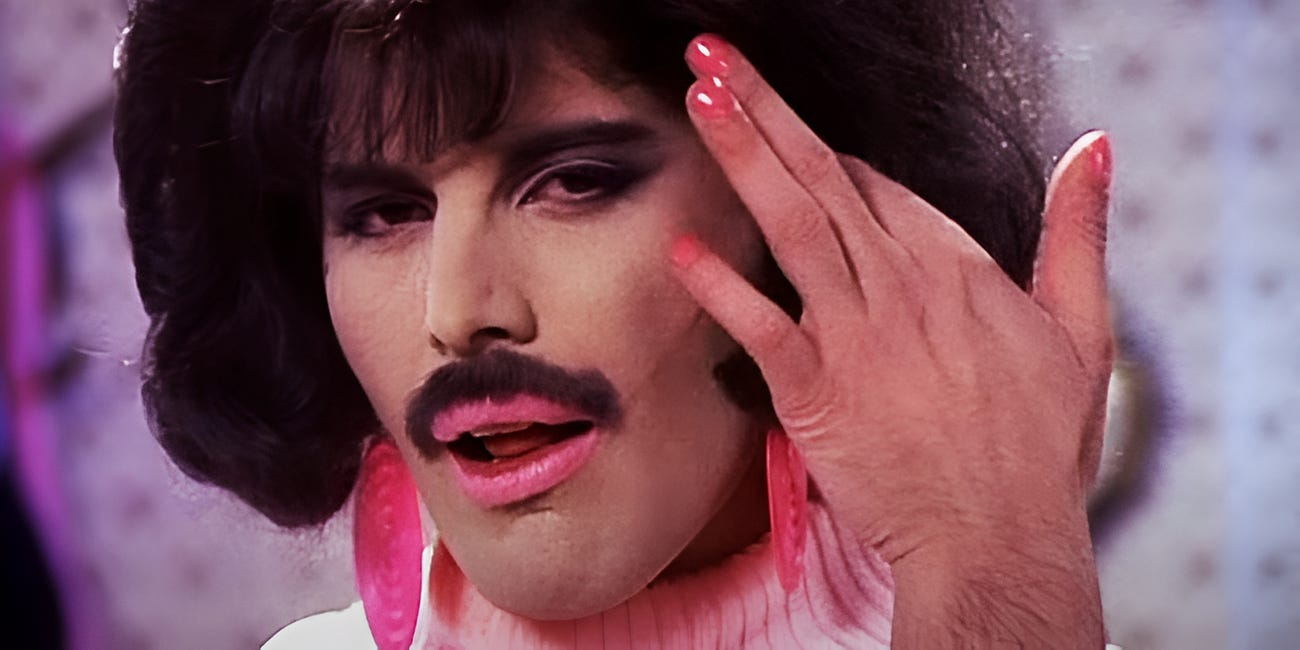Having It All and Then Some
Guest contributor, 'Call Your Daughter Home' author Deborah Spera, on how her three children prepared her to write her first novel
Recently, I asked my friend Deborah Spera about how becoming a parent changed her art for a 5AM StoryTalk article entitled “How to Create Art After Children Blow Up Your Life”. Deb’s answer was much too long for the article in question — it also struck me as profound enough to require its own space — and so I asked her if she would like to expand it for me into a full essay. Deb, for context, is an accomplished TV producer turned novelist and screenwriter. Her debut novel, Call Your Daughter Home, was featured on Oprah’s 2019 Summer Reading List. Her book is an extraordinary read, as is the essay from her you’re about to read.
I never intended to have children. By the age of eighteen, I knew I wanted to be a career woman, and children — as far as my younger self could see — were an impediment to such a desire. When I got married at the ripe age of twenty-seven, an old maid to my Mamaw, she asked when I was going to move back to Kentucky and start having babies. She thought my dreams were nonsense, though she never meant to be unkind. What I wanted was far outside the scope of her reality. But I was firm. There would be no babies. My New York and Los Angeles dreams were calling, and they were loud.
The first crack in my armor came by way of a friend of my husband’s. This friend and his wife were our age and already having children. They said, “It’s like having another member on your team.” Teammates was a notion I’d never considered. The crack became a fissure by the time I hit thirty. Babies became of deep interest. I watched them at the bank, grocery, mall. God, they were cute.
“Maybe we should try for one,” I told my husband. Rob was gung-ho, but then we tried one time, panicked, and agreed to wait until we talked more. We were broke and could barely feed ourselves, but it was too late. Rachel Alma Spera was already a twinkle in my womb. She was coming, ready or not.
I was what my mother and grandmother referred to as a fertile myrtle, and this fertile myrtle believed on two more separate occasions, blinded to statistical fact, that Rob and I would be safe using the rhythm method. I always sucked at math.
Each time I got pregnant, I wept and laughed, alternating between abject fear and joy. Fear because what if I wasn’t cut out to be a mother, what if I screwed up, or worse, what if one of them died? I watched my brother lose a son. Christopher was seven when he and my sister-in-law died in a car accident. The pain was too much.
When I got the news I was pregnant with our third child, I panicked. I could run from a burning house with one kid under each arm while Rob was away working. How was I going to save three? The doctor called in the middle of my attack and told me my hormone levels were so low, she thought I was miscarrying. We planned another blood test after the weekend to check. I cried for three days, then rejoiced the following Monday when she called to tell me my hormones levels had quadrupled.
The family dog died two days before Heather was born. When the doctor handed her to her big sister Rachel, then eight, Rachel slid a picture of our sweet bulldog out of her pocket and said, “Heather, this is Molly. You didn’t get to meet her, but you probably passed her on your way in.”
Through my thirties and forties, I rose through the ranks of the entertainment industry as an executive and producer in Hollywood. At Showtime Networks, I job-shared with another mom. That meant three days a week, for eight years, I got to work with a woman who became one of my dearest friends. By the time I left Showtime, Katy and I had done close to thirty movies and mini-series, a high number of which were nominated for Golden Globes and Emmys, not to mention NAACP and Peabody awards. Katy and I divided our travel to sets: South Africa, Israel, Australia, Canada, California. It was good for us as moms, but it was fantastic for Showtime. They never lacked for a warm butt in the corporate seat, a real two-for-one deal. During this time, I wrote a series of essays called Mamalogues all thematically oriented to raising children, and sent them out to my colleagues. It was all for fun but a group of women from Showtime approached me and told me I was a writer. They wanted to figure out a way to get them published, but I was afraid if I published I would stop writing. The pressure scared me, so I said no.
After Showtime, I started and ran the television arm of a company for a prolific feature producer. There was no partner, no three-day weeks, no one to share the load with. The Mamalogues dried up. This job was seven days a week, twelve to fifteen hours a day. And when I wasn’t working, I was on my Blackberry putting out fires before they started. The brand grew so quickly that after five years, I found myself running on fumes. I was making one to three pilots a year, gone for six weeks at a time, managing multiple on-air hit series, and selling ten to fifteen shows a year while managing school drop-offs and pick-ups, extracurriculars, meals, and late-night trips to the emergency room. I became an insomniac; I got sick and lost thirty pounds. I was shooting a TV show out of the country when Rachel got mono and pneumonia. The lining of her heart became inflamed.
I stayed in that job two years longer than I should have and made good money, but I became a shell of myself. This was no way to live. I was nearly fifty when I quit.
Through this journey of having the big career I thought I wanted, none of which could have happened without Rob, and our housekeeper Nelly, my children continued to be not only a muse, but an inspiration. Carl Jung said, we spend the first half of our life developing an ego and the second half letting it go. Children are great ego killers.
Toddler Rachel insisted on dressing herself for preschool and wearing, stripes, polka dots, and pastel prints all in opposition to one another. I felt the need to justify this to her teachers. It wasn’t me who put her in this wardrobe (as if they hadn’t ever dealt with a three-year-old with a free spirit). I learned a lesson there. Don’t conform to other’s expectations. Rachel will not.
Nick decided to apply to boarding school for high school. We knew this desire rose from him overcoming a deep fear of roller coasters, the big kind. Plus, he’d just learned the word autonomy, and he longed to try it out. Rob and I were aghast. We always thought of ourselves as blue-collar people, and boarding school was not that. We told him to demonstrate the passion, and he did. He did the research and scheduled the tours. By the end of the whole experience, Rob and I wanted to sign up as students. Another lesson learned. Don’t put yourself in a box. Nick will not.
Heather confessed at seventeen she was transgender and not at all who we thought she was. Fear is a powerful tool; fear for a child’s safety is its biggest weapon. I wanted to support my child and protect her. I could do the first, but the latter was out of my hands. Not great for a control freak. The statistics of suicide in the trans community are fifty-one percent, and the statistics of crime against transgender women are just as bad. While I cried, Rob told me what a gift we’d been given. We got to do what we promised when we became parents: love our children unconditionally. We had this extraordinary opportunity to show our daughter, and the world around us, what this meant. When Heather was ready to come out to the world, Rob and I got on the phone and called or emailed every friend and family member we knew and told them we were on the Heather train and they were welcome to climb aboard. We told them what we’d learned about the trans community and how suicide rates fall with a supportive family and community. We were counting on them to provide a haven in the world, and we wanted their promise they would be there if needed. No one turned us down. Not a single solitary soul. The lesson? Don’t be afraid of who you are, for the gifts far outweigh the fear. Big time. Heather can attest to this.
Were my children ever a pain in the ass? Of course! We never called being grounded punishment; we called it “a lifestyle change,” and they had quite a few growing up. Nick, now thirty, still complains about this.
Were Rob and I a pain in their asses? Mostly me? And by mostly, I mean usually. Hell yeah! I am short-tempered when tired, and I spent years exhausted.
But this family of mine fills me with so much of what I never imagined for myself. Rachel flung herself across the country for college and later to Botswana for six months without knowing a soul. Nick chose to follow his curiosity, dropped out of college, and pursued a successful creative life in music and documentaries. Heather is living out loud her dream to work as a woman in the entertainment industry, developing material for film and television, following directly in her mother’s footsteps.
If my children had this kind of courage, who was I not to?
I quit working for someone else and started my own company. I produced a few television shows, but more importantly, I started writing again – and when I started, I couldn’t stop. I wrote a book that was published. Call Your Daughter Home speaks to the ferocity of motherhood, something I might have only imagined had I not had children. Because no imagination could prepare me for the primal feeling I felt when a woman at the mall degraded my teenage kid for what she was wearing. My rage was red hot. I shed my coat (an act I don’t recall) and told this woman in no uncertain terms that the next time she wanted to criticize a young person’s attire, she ought to take a good long look in the mirror at her bad dye job and cheap red lipstick. Two salesgirls had to jump between us.
Or the time a dermatologist told my then fifteen-year-old son that he had the worst case of acne he’d ever seen. I told him that was complete and utter bullshit. I’ve seen horrible acne, and this was not that. You don’t say that to a kid.
Or the time the nurse went ahead and took Heather to the nursery after I’d specifically asked her to wait for me to come out of the bathroom so I could wheel her down myself.
Do. Not. Mess with Mama Bear.
My book, Call Your Daughter Home, takes place in 1924 rural South Carolina and is about three disparate women who band together for the sake of their children. It’s dark and primal and flew out of me. I understood what a mother would do to protect her children, I knew first-hand what change a group of mothers can forge in a society when they banded together.
The book was on Oprah’s summer must-read list and sold more copies than I imagined possible. This led to me being hired to write several screenplays, one of which was an adaptation of my own work for Netflix. My second book did not sell, but writing is rewriting, so I am trying again. After all, what good is success without failure? I know for a fact my failures have taught me the most.
Today, I no longer define myself as any one thing. I still have trouble calling myself a writer. Who am I to say so when so many others have worked so long and hard at their craft? But I am free in this river of possibility to swim off to an inlet and enjoy still water or ride the rapids. I can change direction anytime. The river of creativity is fluid. Is it lonely and scary sometimes? You bet. Is it worth it? Without question.
Women with prolific careers who are still in the throes of child-rearing have asked me how all of this was possible. I get that question a lot. It was not easy. I did what was put in front of me and got help. I messed up a lot, but our family is very close, the siblings confide in one another, so I try not to beat myself up. Something went right. I am in a different season now. The children grew up. It felt interminable at times, but it’s oh so fleeting. I still have a modest career, by way of industry standards, but it’s on my terms and it’s fun. I listen to what bubbles up and run to scratch it down – except in instances like this when a friend is kind enough to ask me what I think about something. I’ll tell him what I told my daughter’s husband when he asked me over dinner one night what I thought the benefits were of having children. They are on the fence about procreating like so many young people today are and I get it, it’s not for everyone.
But children expanded my life in ways I never imagined, what they share, who they bring home, what they say and do and don’t do, even when sometimes all you need them to do is put on their seatbelts – and honor curfews and not smoke cigarettes or do drugs, get tattoos, walk down alley’s at night, have unsafe sex, drive drunk, or get in the car with anyone who’s been drinking. It’s a lot. But for a girl who thought she wanted none of this, this family is exactly what the woman I became needed.
You can learn more about Deb and her novel, Call Your Daughter Home, by visiting her website here.
If this article added anything to your life but you’re not up for a paid subscription, consider buying me a “coffee” so I can keep as much of this newsletter free as possible for the dreamers who couldn’t afford it otherwise.
If you enjoyed this particular article, these other three might also prove of interest to you:








What an inspiration! Deb is a phenomenal human being. Her children must be so proud of her. What a work schedule! She deserves to have the BEST of everything. ❤️💝
Thank you for featuring Deb Spera in today’s article. She is clearly a gifted writer and I’ll check out ‘Call Your Daughter Home.’ What really struck me, as a mother of two and step-mom to two (all boys), besides how each child taught her lessons (don’t conform to other’s expectations, don’t put yourself in a box, and don’t be afraid of who you are), were these 2 quotes:
“Carl Jung said, we spend the first half of our life developing an ego and the second half letting it go. Children are great ego killers.”
“If my children had this kind of courage, who was I not to?”